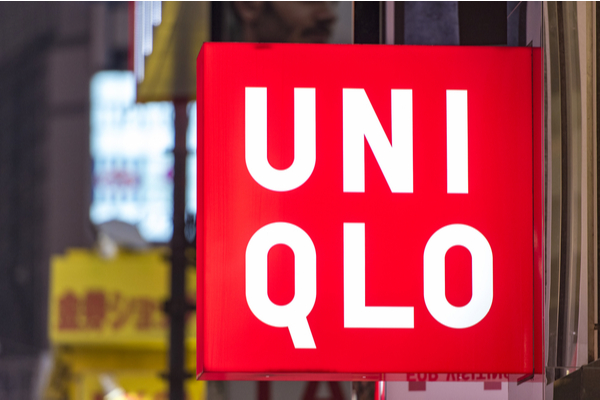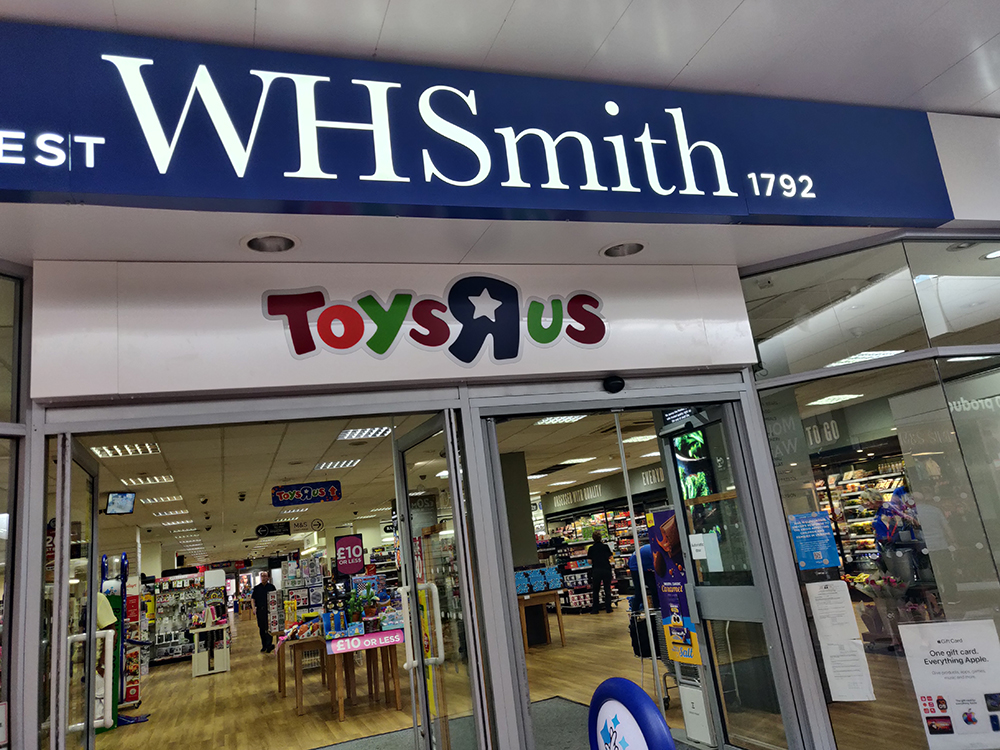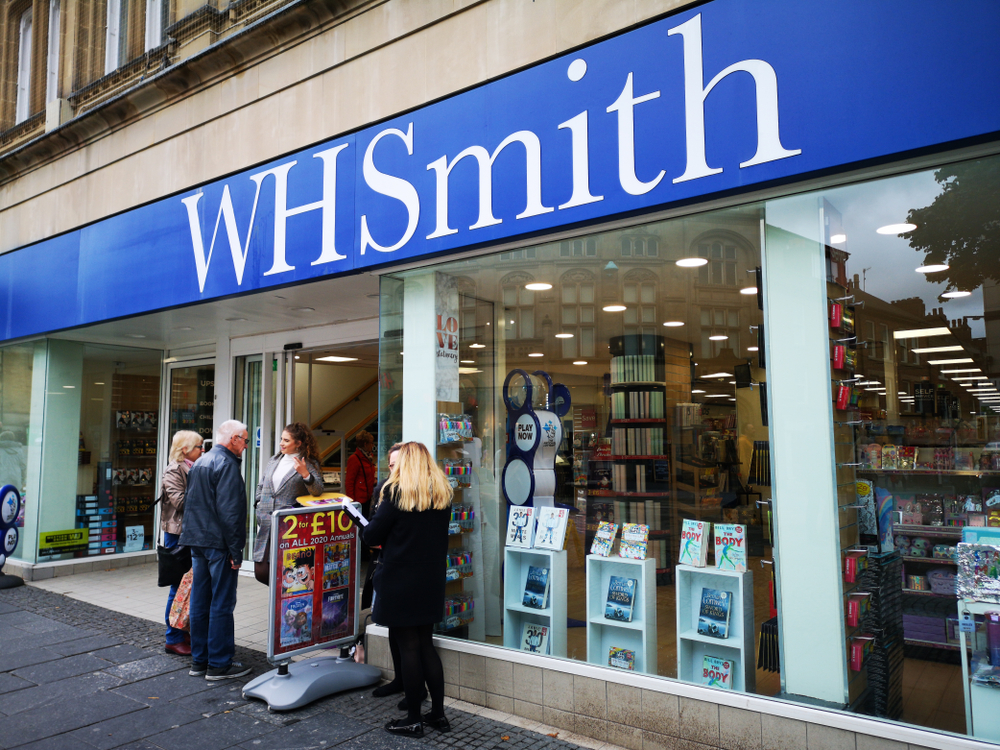The mass exodus of global businesses from Russia over the past two weeks has been nothing short of astonishing.
Since Putin invaded Ukraine, global firms in sectors as wide ranging as energy to accountancy to FMCG have severed ties with Russia in a bold statement that has left the country a pariah state.
Retailers have, of course, played their part. Retail Gazette’s list of retailers pulling out of Russia gets longer by the hour with giants such as Apple, Ikea and Zara suspending trade.
However, one retailer has taken a different stance. Uniqlo, owned by Japanese retail giant Fast Retailing, has confirmed it had no plans to suspend its Russian operation, where it trades from 49 stores.
Fast Retailing president Tadashi Yanai said the conflict should not deprive people in Russia of clothing, which he said was a basic human need.
“There should never be war. Every country should oppose it,” he said. Then added: “Clothing is a necessity of life. The people of Russia have the same right to live as we do.”
However, experts believe that Uniqlo has misjudged the mood.
Retail analyst Andrew Busby, founder at Retail Reflections and global industry leader for retail at Software AG, says describing clothing as a “necessity of life” as bombs rain down in Ukraine “rubs salt into the wound” with those who are already angered by Uniqlo’s decision to remain trading in Russia.
“Uniqlo have totally missed the zeitgeist amongst their customers. This is a monumental misread by CEO Tadashi Yanai which will haunt him for years to come,” he says.
The exodus from Russia over the past fortnight has set the expectation that global brands will boycott the country and those that don’t are likely to feel the wrath of consumers at a time when emotions are running high, says Busby.
One PR expert agrees. “My advice would be to stop trading there. There’s far too much reputational damage at stake,” he says.
PwC director of retail strategy Kien Tan says expectations are high because so many big businesses have acted so swiftly and boldly in response to the invasion.
While some actions, like Sainsbury’s renaming its chicken kiev to chicken kyiv, are purely symbolic, other brands have materially impacted their business by pulling out of Russia.
BP, for example, revealed it would offload its 19.75% stake in Russian state-owned oil company Rosneft just three days after the invasion, a move that could see it take a financial hit of as much as $25 billion. Meanwhile, Zara has closed its 500 stores in the country, which account for 8.5% of global sales.
Tan says: “Both customers and staff are demanding retailers to show their support to Ukraine. Brands need to do something, be that removing Russian products from stores or making a charitable donation.”
But what if a retailer has stores in Russia? Is every global brand expected to pull out of the country?
In short, yes. The PR expert says: “There’s been such an exodus that those that continue trading will stand out. There’s a real risk of a backlash.”
This was evident on social media where hashtags to boycott companies such as McDonald’s Coca-Cola and Starbucks had been gaining traction before those brands decided to exit Russia last night.

With Uniqlo’s brand stronger in its core Asian market than in the West, it has so far escaped a major backlash. As Tan points out, consumer demands for action against the war will be less prominent in Asia where there have been limited sanctions on Russia and the conflict feels further away from home.
However, as many of the big recognisable brands have already shown their hand and pulled out of Russia, the risk is higher for outliers such as Uniqlo to be on the receiving end of customer ire.
READ MORE: Live updates: The retailers pulling out of Russia – from Tesco to John Lewis Partnership
Temporary or permanent Russian exit?
So far, most businesses have said they are “halting” or “pausing” their operations in Russia. But as the war continues with no peaceful resolution in sight, will retailers move out of the country permanently?
The PR expert says that most businesses are resigned to a permanent exit and that a declaration of “suspending trade” is tantamount to a full retreat from the country.
However, there are problems attached to that. The PR expert explains: “Many of these stores are franchised. How do retailers get out of franchise agreements?”
This is possibly why it took McDonald’s so long to pull out of Russia despite it bearing the brunt of a consumer backlash.
M&S has also faced criticism due to its franchise stores remaining open in the country. The retailer has since taken the decision to suspend shipments to its Turkish franchise partner, which runs its Russian stores. This will leave M&S stores in Russia without any M&S product.
Another issue that needs to be resolved is how companies treat impacted staff. “Of course the humanitarian atrocities carried out in Ukraine matter more that job losses in Russia, but there is a duty of care to look after staff,” the PR expert points out.
When Zara owner Inditex revealed it was pulling out of Russia, it said it had a “special support plan” for its 9,000 staff in the country.

Tan also expects this retreat from Russia to be long term but says it should not have too big an impact on most retailers as their exposure in the country was limited.
“Russia is not a huge part of consumer brands’ businesses, although it is a bit more problematic for luxury brands,” he admits.
“The vast majority of retail brands can live without Russia. Remember, Western brands didn’t operate there at all until 30 years ago.”
However, it is notable that some brands with a very big presence in Russia have also pulled the plug. Mothercare this morning revealed that it has halted business in Russia despite it making up 20% to 25% of worldwide sales.
It looks like Russia could once again fall behind an Iron Curtain for global brands.
Busby says: “Moscow will very soon be resembling something of a retail graveyard and whilst it is right that brands boycott the market, ultimately, it’s yet another sad and tragic outcome of such an unnecessary crisis.”
However, he is odds to point out that it is indeed the right thing for retailers to do, regardless of how big or small their business in Russia is.
“You might think the average Russian consumer is hardly going to cry into their vodka at the thought of not being able to get hold of the latest iPhone, however, that’s to miss the point.
“Retail represents so much more than merely shopping. It reflects our communities, it reflects our cultures and most of all, it reflects our values. Which is why retailers and brands really have no option but to withdraw from the Russian market.”
Click here to sign up to Retail Gazette‘s free daily email newsletter

















